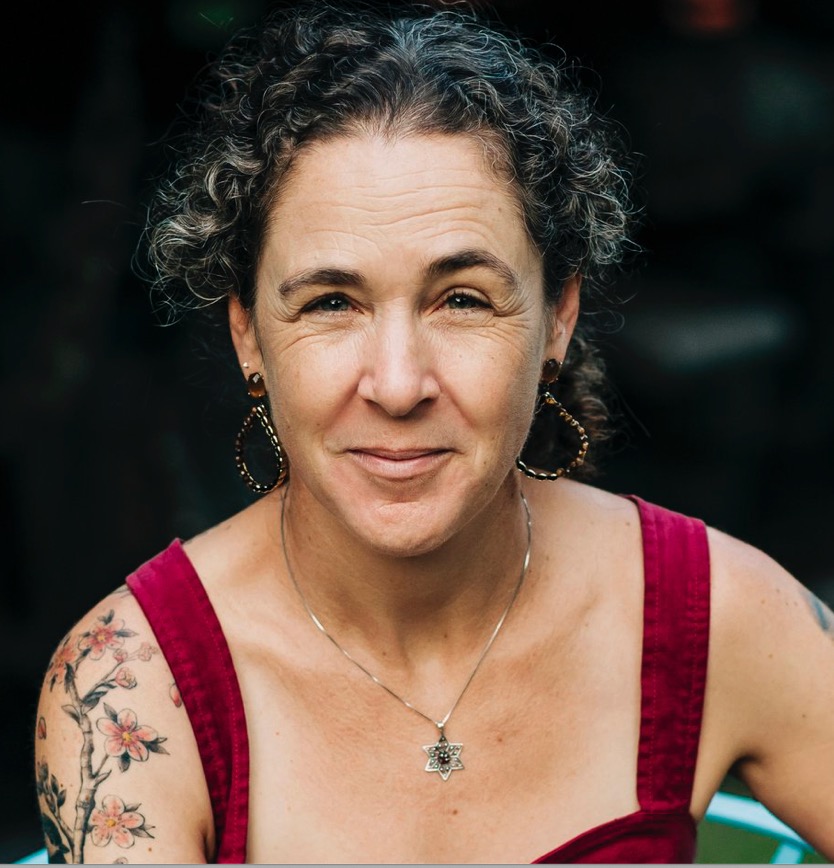Opinion: Many Questions Remain For Regional School Committee And Summer Is A Great Time To Address Them

Photo: istock

The Amherst Regional School Committee (RSC) and Acting Superintendent Douglas Slaughter have made their intentions clear that they will not be taking any direct action in regards to the allegations against ARPS Assistant Superintendent for Diversity, Equity and Human Resources Doreen Cunningham and ARPS Superintendent Mike Morris until the Title IX and other investigations underway conclude.
I imagine that the reasoning here is to have a strong and sound legal basis for holding Cunningham and Morris, along with the counselors implicated in these investigations, accountable for their actions (and inactions). I’m also aware that this may well be overly optimistic on my part; my nature is to expect folks to “do the right thing,” and sadly, we have already seen plenty of evidence that this is not a given in the ARPS district.
But there is still plenty the RSC can and should be doing between now and the beginning of the new school year, such as addressing these and other questions:
1. Why has Cunningham been placed on administrative leave while Morris remains out on medical leave of his own accord?
Any investigations implicating Cunningham cannot but involve Morris, so it is only logical and sound that both district leaders would be placed on the same leave, i.e. any prospect of returning to their positions contingent on the results of these investigations.
That’s not even to mention the fact that we already have enough evidence based on information from parents, staff, and teachers over a significant time period, as reported by The Graphic, to know that both Cunningham and Morris failed the students and families of our community by placing their own self-interests and the interests of the district above concern for the safety, dignity, and wellbeing of trans students at ARMS who were experiencing bullying, harassment, and abuse at the hands of both school counselors and other students.
2. When will we hear any kind of heart-centered statement from Peter Demling?
Demling has yet to say anything from the heart about the harm that has occurred. His only personal statements have come across as defensive and, frankly, myopic, portraying a kind of victim mentality of having been misunderstood by the public. But having attended multiple meetings, I have heard little from Demling beyond skepticism at best and derision at worst when it comes to recognizing the voices of hurting families and hardworking staff and teachers who are saying, in no uncertain terms, these things have happened and they are not ok.
Some humility and acknowledgment would go a long way, but Demling gives the impression that either of these would be somehow “caving” to the “demands” of the community, rather than recognizing that the community is not an opponent but rather the very folks he’s been elected to listen to, represent, and protect.
At the June 20 RSC meeting, Demling cast the sole “nay” vote for reading public comments aloud. His reasoning was that it is against the policy, even though, as other committee members pointed out, the committee itself makes such policies and thus, can also modify or change them.
What struck me most pointedly in that moment was the irony that he has not shown a similar concern for the policies that were broken, disregarded, and abandoned – such as separation between church and state and the superintendent’s responsibility not to lie or bury reports of harm in our schools.
3. What kind of support awaits ARMS students in the fall?
With three guidance counselors on leave – all of whom should be fired, I might add – what plans is the RSC making to ensure that incoming and returning ARMS students will have safe, supportive, and qualified counseling available to them come September?
This should be a number one priority this summer and the public would like to know, in detail, how they will be addressing this so as not to have an 11th hour crisis and last-minute decision-making that doesn’t give community members sufficient opportunity to learn, weigh in, and understand the plans.
4. Why won’t the RSC issue ANY respectful acknowledgment of the APEA Letter of No Confidence?
Demling and McDonald have made their beliefs clear by expressing cynical views of the motives of the APEA in issuing a letter of no confidence, suggesting it is a common union tactic to get other demands met. This is so disheartening.
The letter of no confidence should be taken very seriously. When hundreds of individuals speak to a climate of fear, distrust, inaction, and ongoing harm, they are not fabricating stories for their own interests. They are, in fact, trying to do their jobs.
Even in the absence of a formal response – and it’s not clear whether that will happen at all, even once the investigations are complete – there is a lot to be said for even an acknowledgment of the very real issues the letter of no confidence speaks to.
It would be lovely if every member of the School Committee would perceive their relationship to the union as one of partnership with rather than opposition to so many caring and committed individuals, the very people who work at our schools and make our schools work.
The bottom line is that we need every member of this committee to move towards accountability, not away from it.
We need this committee to recognize that trans and queer kids take their own lives as a result of the kinds of things that have been happening inside our schools.
We need this committee not to wait. The only ones tying their hands are themselves.
Jena Schwartz is a writing coach, editor, and author of three books. Her poetry and essays have been widely published, and she has served as Poet in Residence at the Jewish Community of Amherst.

Thank you Jena and Amherst and Indy for you continued work on bringing attention to the serious matters in our school system. In March the Substance Abuse and Mental Health Services issued a report, “Moving Beyond Change Efforts: Evidence and Action to Support and AffirmLGBTQI+ Youth”. The report provides a comprehensive overview and details on helpful and harmful interventions for these populations in numerous settings including schools. LGBTQI + youth experience significant physical and behavioral health inequities. The School Committee needs to use current research base interventions for action. In a town that prides itself in supporting diversity and eliminating inequities, the School Committee must act to correct the wrongs of the past year quickly and not drag the process on for months. Our youth deserve action now. All youth need to achieve optimal health and well-being, especially our more vulnerable LGBTQI+ youth.
We are blessed to have such a clear, compelling and visionary voice in your every post, Jena!
While your views are shared here as your own personal views, it’s apparent to me that you are giving voice to the multitude of us who deeply appreciate the strength and wisdom you bring to these critical issues.